Genetics
-
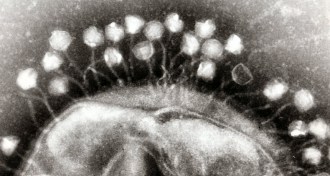 Genetics
GeneticsScientists find 10 new defense systems used by bacteria
Scientists identify 10 groups of genes that appear to govern defense systems used by bacteria against virus attacks.
-
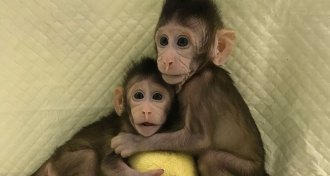 Genetics
GeneticsBaby macaques are the first primates to be cloned like Dolly the Sheep
Scientists have cloned two baby macaque monkeys with the same technique used to clone Dolly. The research could help advance the cloning of other species.
By Dan Garisto -
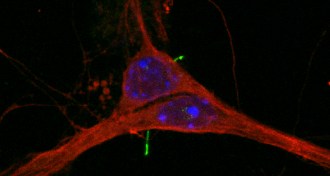 Neuroscience
NeuroscienceCilia in the brain may be busier than previously thought
A hairlike appendage sticking out of brain cells may be much more important in the brain than scientists realized.
-
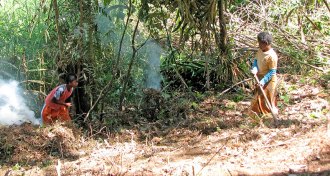 Anthropology
AnthropologyHunter-gatherer lifestyle could help explain superior ability to ID smells
Hunter-gatherers in the forests of the Malay Peninsula prove more adept at naming smells than their rice-farming neighbors, possibly because of their foraging culture.
By Bruce Bower -
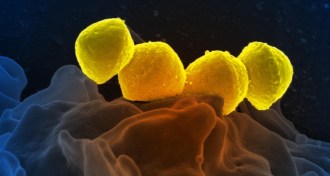 Health & Medicine
Health & MedicineNot all strep infections are alike and it may have nothing to do with you
Add-on genes in some bacteria shape the way strains interact with the immune system.
-
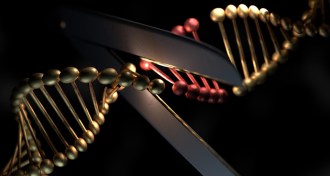 Genetics
GeneticsCRISPR gene editor could spark immune reaction in people
Immune reactions could shut down CRISPR/Cas9 gene editing.
-
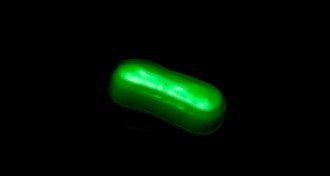 Genetics
Genetics50 years ago, synthetic DNA made its debut
Synthetic DNA has come a long way since it arrived on the scene half a century ago.
-
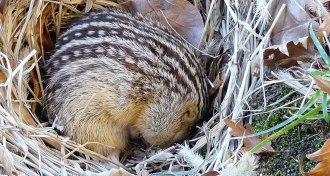 Animals
AnimalsSpecialized protein helps these ground squirrels resist the cold
A less active cold-sensing protein explains, in part, why some hibernating ground squirrels are more tolerant of chilly conditions than the animals’ nonhibernating kin.
-
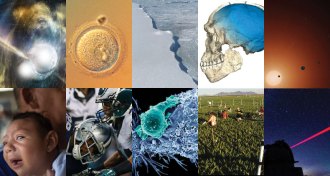 Science & Society
Science & Society2017 delivered humility, and proved our potential
Acting Editor in Chief Elizabeth Quill reflects on some of the top scientific stories of 2017.
-
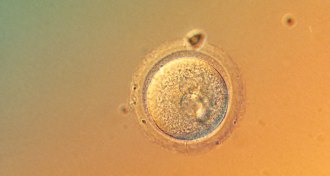 Genetics
GeneticsCRISPR gene editing moved into new territory in 2017
Scientists edited viable human embryos with CRISPR/Cas9 this year.
-
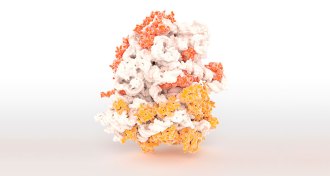 Life
LifeNot all of a cell’s protein-making machines do the same job
Ribosomes may switch up their components to specialize in building proteins.
-
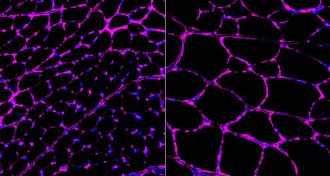 Genetics
GeneticsCRISPR/Cas9 can reverse multiple diseases in mice
A new gene therapy uses CRISPR/Cas9 to turn on dormant genes.